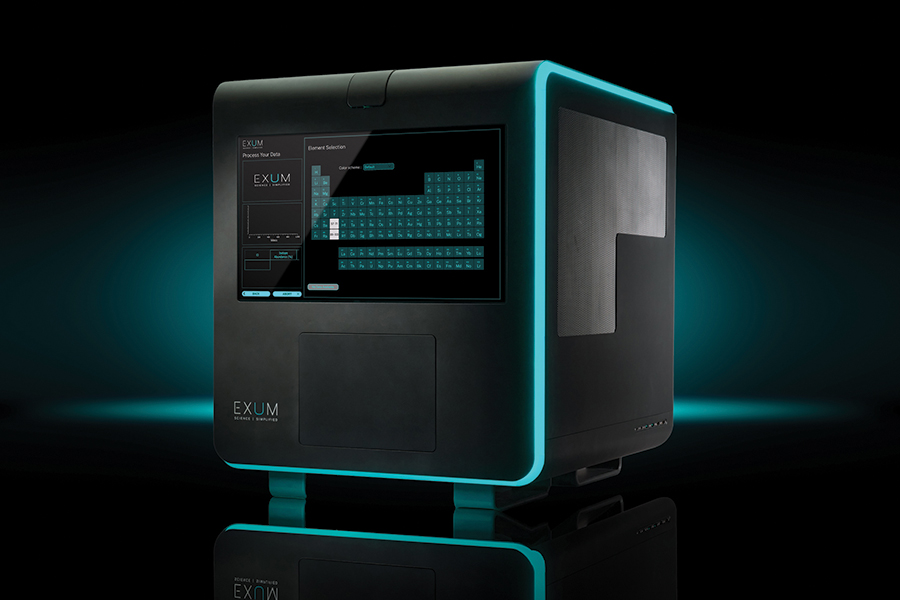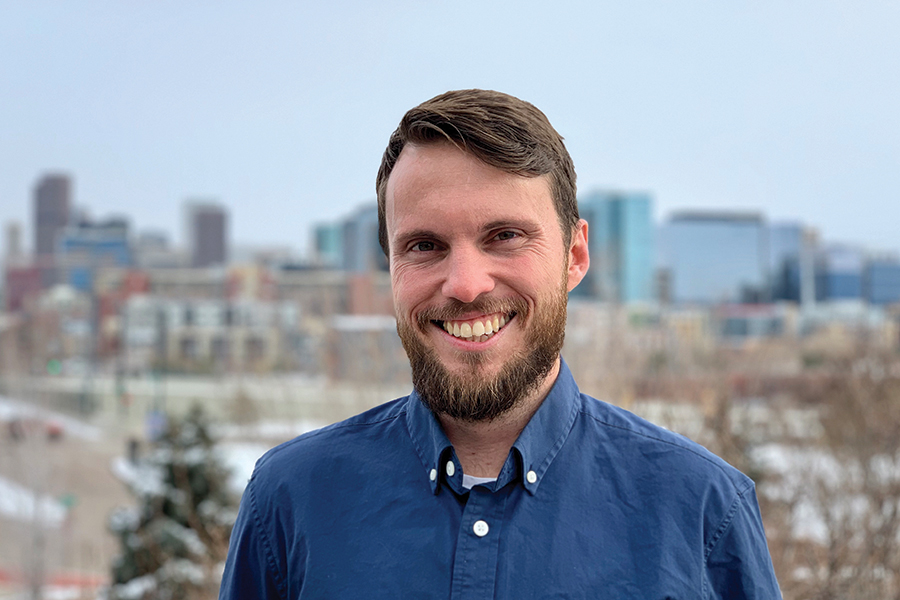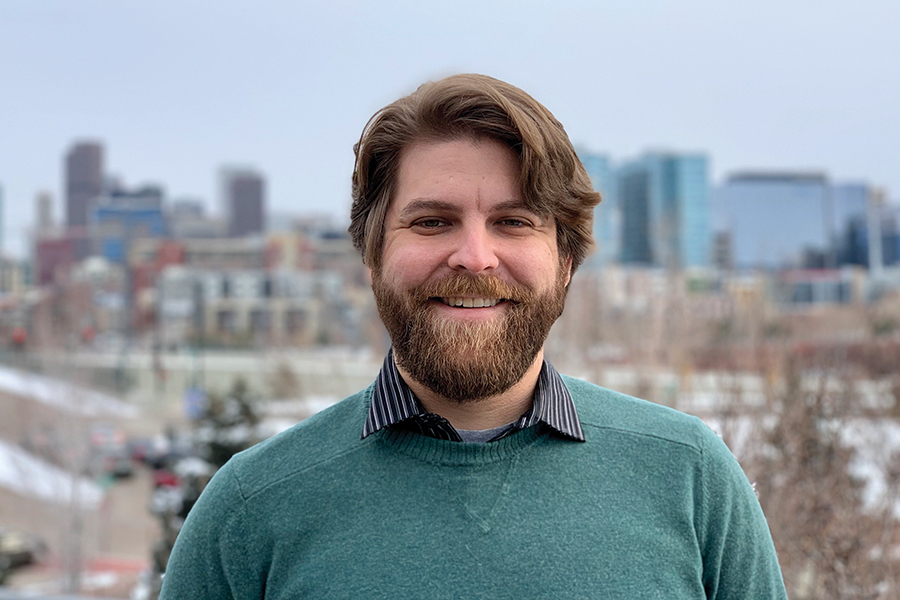Tech Trailblazers
Florida State alumni create next-generation scientific instrumentation for use on Earth and beyond

The holiday shipping rush is over, but there are still important packages to send. The package Jeff and Jon are about to ship is headed farther than across the country — it’s going into space.
Their special delivery, the Massbox, is a miniature laboratory. Users place organic or inorganic samples into this compact, portable instrument and directly analyze solid material for quantifiable, trace-level chemical mapping.
The Massbox is the brainchild of Exum Instruments, a Denver-based company co-founded by Florida State University Department of Earth, Ocean and Atmospheric Science alumnus Jeff Williams and joined by Department of Chemistry and Biochemistry alumnus Jonathan Putman that provides scientists and industry professionals with high-impact scientific instrumentation.
As both hardware and software, the Massbox combines analysis, data processing and storage, which means users can analyze and report results for immediate use, such as chemical analysis of next-generation metals for 3D printing for aerospace use or assessment of contaminants in environmental samples like soil, which can provide early insights in the event of a chemical spill.
Like some of the most successful companies in American history — Apple, Microsoft, Amazon — Exum started in a garage. Since building its first prototype in 2018, the company has received millions in funding and investment, including a grant from the International Space Station to send the Massbox up for use by crew members conducting elemental and chemical analysis in orbit.
“I love tinkering, I love building instruments, and I especially love seeing our product making scientists’ and other users’ jobs easier,” said Williams, Exum’s CEO and chief technology officer and a 2013 geology program graduate.
Exum was born in 2017 when Williams, who earned a master’s in cosmochemistry at the University of New Mexico, reinvented a laser ablation technique used to decipher chemical elements comprising a sample. His laser ionization analysis technique uses one laser beam to vaporize the surface of a sample and another laser to ionize the vapor, allowing the material to be chemically analyzed.


With this technique, Williams eliminated time-consuming steps needed to complete geochemical analysis of materials. The Massbox is the first commercially available laser ablation laser ionization time-of-flight mass spectrometer.
“Jeff is a uniquely self-motivated and hard-working person. He was always brimming with ideas — all he needed was a little direction and a few resources,” said Munir Humayun, professor of geochemistry and a researcher at the FSU-headquartered National High Magnetic Field Laboratory. “He brings a can-do attitude to scientific problems, and he’s not shy to try out new techniques or approaches in the laboratory and elsewhere.”
While at FSU, and for a year after graduation, Williams worked with Humayun at the MagLab where he fell in love with the freedom he had to pursue wide-ranging research interests.
“The FSU geology program is a great community, and transitioning to the MagLab with additional brilliant people and motivated researchers was incredible,” Williams said. “I’m thankful to have had that opportunity, freedom, and supportive environment.”
A deep-rooted love of rock-climbing motivated Williams to pursue geology, and he worked at Tallahassee Rock Gym throughout his studies, first at Tallahassee Community College then FSU. At the gym, he also met and worked with fellow climber Putman, a two-time FSU alumnus who is now Exum’s director of applications.
“We did a few summer internships together when I worked at the MagLab as an analytical chemist for Future Fuels Institute. We even lived together for a bit,” said Putman, who also studied at TCC before earning his bachelor’s in 2013 and doctorate in 2020 at FSU. “We chose different paths after undergrad: He earned his master’s and started Exum while I pursued my Ph.D. When finishing my program, I jokingly asked Jeff when he would hire me.”
For Williams, it was serendipity. The company, then a two-and-a-half-year-old startup, was seeking a talented analytical chemist to fine-tune the Massbox.
“I had a smooth transition from working with complex mixtures in mass spectrometry with [Robert O. Lawton Professor of Chemistry] Alan Marshall’s group during my doctoral program to working with elemental samples for the Massbox,” Putman said. “I love analytical chemistry because I love solving problems. At Exum, there’s a new challenge and different application to work on every day.”
Currently, the Massbox has applications in environmental science, battery research, academics, nuclear research, mining and oil, and the food and beverage industries. With several instruments already installed around the country, Exum is now integrating user feedback for product enhancement. Watching the company grow to more than 20 talented scientists, engineers, and developers strengthens Williams’ motivation to continue expanding Exum’s product line.
“That our product will be sent to space is a huge deal for me, especially being from Tampa and watching rocket launches as a kid,” Williams said. “I can’t wait to continue building Exum to reach its full potential, our full vision. I hope to send more scientific instruments to space — one day, I’ll join one of my products up there.”
McKenzie Harris is a two-time FSU alumna who earned a master’s degree from the College of Communication and Information in 2022 and a bachelor’s degree from the Department of English in 2020.
